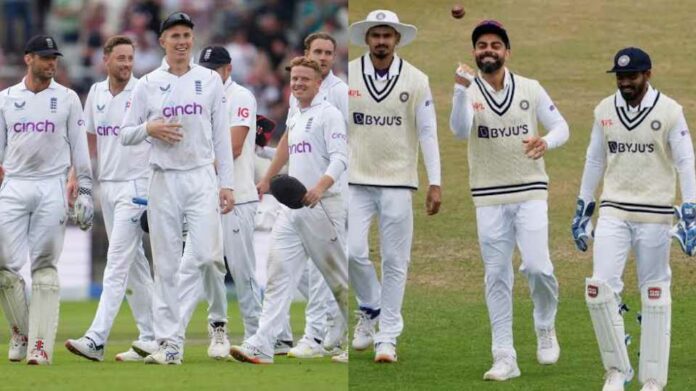Whether you agree or not, Test cricket is dying a slow death despite the introduction of WTC by ICC. The best proof of it that the cricketers are prematurely ending their Test careers, plus even the cricket boards are naming second-string squads for Test series because of a league going on in their country.
T20 leagues attract enormous viewership and revenue to the business. Even Test cricket has the potential to do the same, and here’s a look at the four ways ICC can ensure that the Test cricket stays alive and becomes profitable for all again.
1. ICC should keep stump mic on for all matches in Test cricket
Stump mic is one of the most important things in cricket. It gets the words that the players are uttering on the field to the ones watching on TV. Viewership of matches will increase if the stump mic is kept at full volume for all fielders.
2. ICC should introduce schemes to sell out tickets at stadiums
One of the major reasons why Test cricket does not get enough viewership is empty stadiums. It becomes tough to watch matches even on TV when the atmosphere is dead. Perhaps, schemes and advertising can be used to boost ticket sales.
3. Privatize Test cricket?
Like T20 cricket, ICC should think of privatizing Tests as well. Many fans enjoy watching Test cricket happening in Australia and England. Perhaps, ICC can make an effort to have a Test league under lights with pink ball like IPL, which runs for two months in Australia or England.
4. Reducing the time of a Test?
These days, very few fans have the time to watch a full ODI, let alone the thought of watching a Test. So, ICC can think of reducing the timings. They can keep five-day Tests but the time period of playing can be reduced to 3 to 4 hours, just like a T20. The matches can start on Wednesday evening and conclude on a Sunday.




